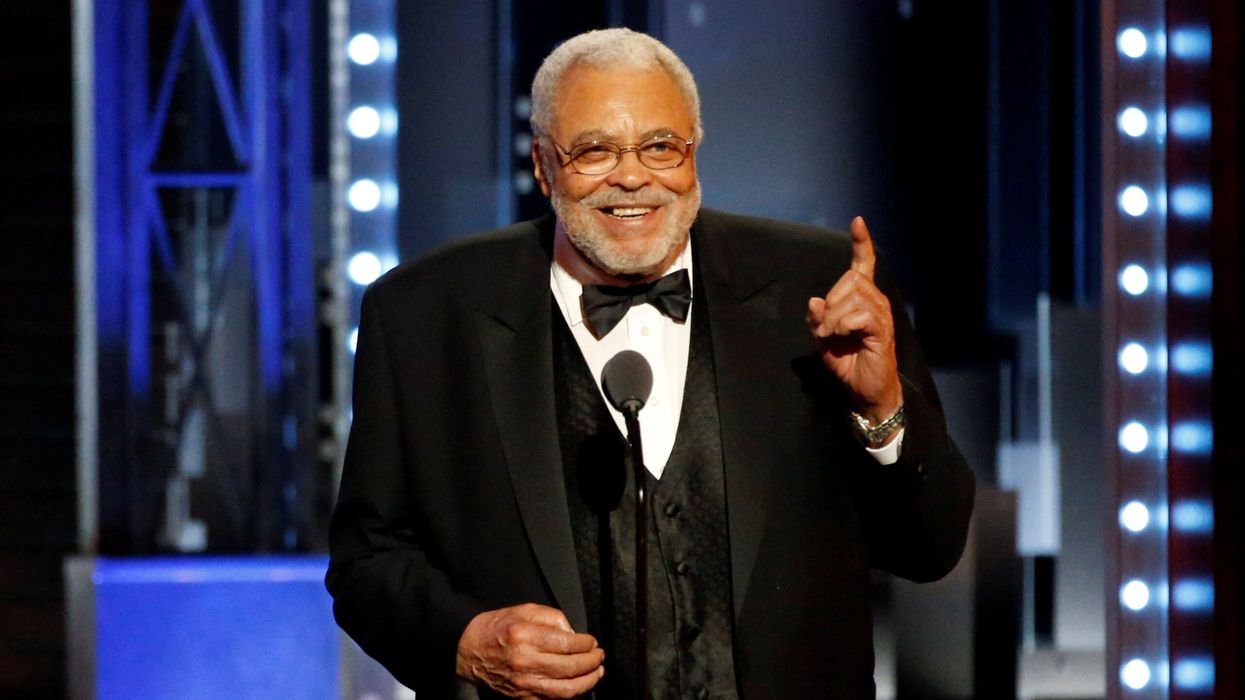JAMES Earl Jones, the American actor known for his powerful stage presence and the iconic voice of Darth Vader in the "Star Wars" films, passed away at the age of 93.
Jones, who had long struggled with diabetes, died at his home on Monday surrounded by family, according to his agent, Barry McPherson. The cause of death was not disclosed.
Jones' deep, resonant voice made him famous worldwide, whether as the villainous Darth Vader or as Mufasa in "The Lion King." While he was known for his on-screen and stage performances, his voice alone could captivate audiences. He portrayed numerous characters with his distinctive bass, including roles in Shakespearean plays.
In an interview with the BBC, Jones expressed his pride in being associated with the "Star Wars" franchise, particularly for his role as Darth Vader. "I love being part of that whole myth, of that whole cult," he said, noting that fans often asked him to repeat his iconic "I am your father" line from the film.
Mark Hamill, who starred as Luke Skywalker alongside Jones' voice in "Star Wars," posted on X on Monday: "#RIP dad," accompanied by a broken heart emoji.
Although Jones earned only £6,870 for his first "Star Wars" role, he considered it a special effects job and did not ask to be credited in the first two films. Throughout his career, he received numerous awards, including Tonys, Emmys, and a Grammy. In 2011, he was awarded an honorary Oscar for his lifetime achievements.
Jones' film career began with a role in Stanley Kubrick's 1964 classic "Dr. Strangelove." His performances in films like "Field of Dreams" and "Cry, the Beloved Country" further cemented his status as a revered actor. Additionally, his voice became a recognizable feature in television commercials and as the announcer for CNN.
Born on January 17, 1931, in Arkabutla, Mississippi, Jones overcame a childhood stutter to become one of the most famous voices in film. Raised by his maternal grandparents, Jones moved with them to Michigan, where he remained largely silent for much of his childhood due to his stutter. His high school teacher encouraged him to speak again, sparking his interest in acting.
After studying drama at the University of Michigan, Jones moved to New York, where he found success in the theatre. His breakthrough role came with "The Great White Hope" on Broadway, where he played a character based on heavyweight boxing champion Jack Johnson. Over the years, Jones became a regular on stage, playing roles such as Hamlet, Macbeth, and Othello.
Despite his rise to fame during the Civil Rights movement, Jones chose not to engage in public activism, preferring to let his performances speak for him. "I believe in the same things that all those people demonstrating believe in, but I just look for plays or movies that say the same thing," he told the Toronto Star in a 2013 interview.
Dominic Hawkins of the NAACP highlighted the significance of Jones' roles, noting that his representation on screen and stage was crucial for the Black community. "That was his contribution to civil rights," Hawkins said, adding that Jones' work helped shape perceptions during a turbulent era.
(With inputs from Reuters)




